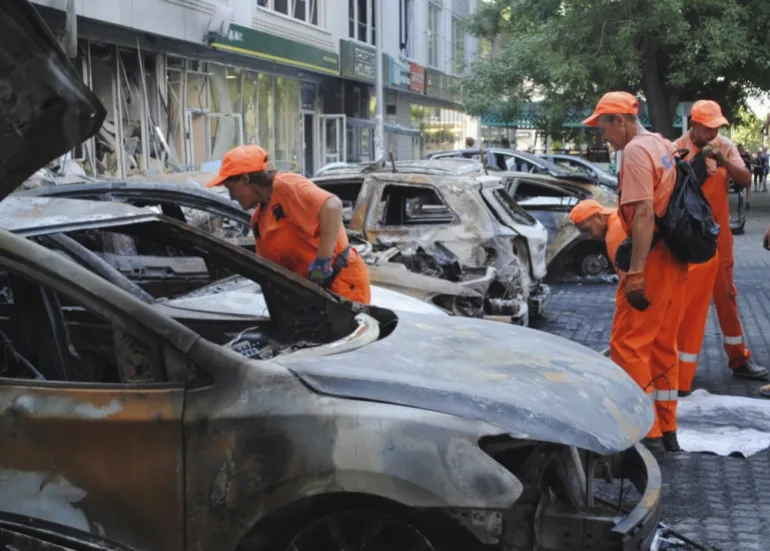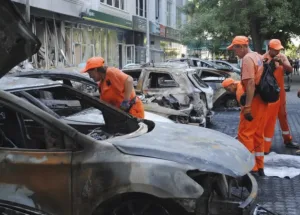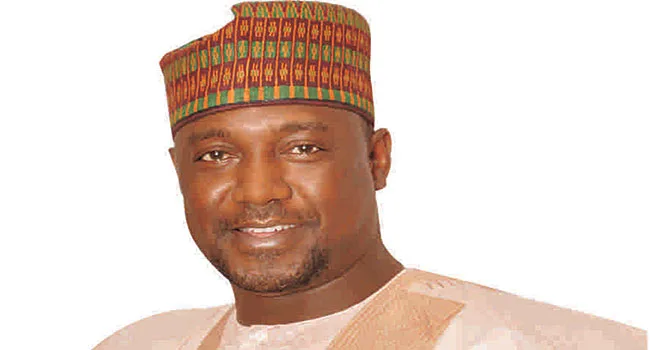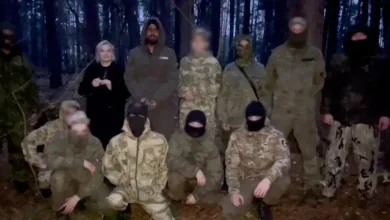
Russia Downplays Peace Talk Expectations Ahead of Türkiye Meeting

As a new round of peace talks between Russia and Ukraine is set to take place in Türkiye, the atmosphere remains tense—and the outlook, uncertain.
The Kremlin has already cautioned against expecting much from the negotiations. Speaking to reporters on Tuesday, Russian spokesperson Dmitry Peskov said plainly, “We don’t have any reason to hope for some miraculous breakthroughs.” According to him, the current climate makes meaningful progress “hardly possible.” Russia, he added, remains committed to securing its interests and following through on its original objectives since the start of the war.
Meanwhile, Ukrainian President Volodymyr Zelenskyy announced that the talks will go ahead, giving some observers hope that negotiations might at least open the door to further humanitarian efforts or even lay the groundwork for future peace. This upcoming round, expected to be held in Istanbul, marks the third set of talks in recent months. Though previous meetings resulted in prisoner exchanges and the return of soldiers’ remains, they stopped short of producing a ceasefire or deeper diplomatic progress.
Zelenskyy named Rustem Umerov—former defence minister and now secretary of Ukraine’s National Security and Defence Council—as the lead of the Ukrainian delegation. In a statement, Zelenskyy reiterated Ukraine’s position: the immediate priorities include the release of captives, the return of abducted children, and an end to the ongoing violence. He also expressed interest in pushing toward a meeting between leaders.

But when asked whether a peace agreement could be on the horizon, the Kremlin offered little clarity. “There’s still a great deal of work to do before any top-level meetings can be discussed,” Peskov said, sidestepping any speculation on timelines.
Despite the scheduled talks, Russia’s military actions on the ground continue.
Overnight, Ukraine reported one of the largest aerial assaults in months. According to the country’s air force, Russian forces launched 426 drones and 24 missiles in a coordinated wave of attacks. Ukraine claimed it successfully intercepted or jammed at least 224 of them, while 203 disappeared from radar.
But not all threats were stopped.
In the eastern city of Kramatorsk, a 10-year-old boy was killed and five others were wounded when guided glide bombs struck a residential building, local officials said. Kramatorsk, located in the Donetsk region, remains under Ukrainian control nearly three years after Russia’s full-scale invasion began.
Elsewhere, in the capital Kyiv, Russian strikes triggered multiple fires and damaged an underground shelter where civilians had taken refuge. Though there were no immediate reports of casualties in the capital, the attacks have once again left many shaken.
So, as diplomatic teams prepare to meet in Türkiye, the reality on the ground tells a different story. For now, the war continues—both on the battlefield and at the negotiating table.






